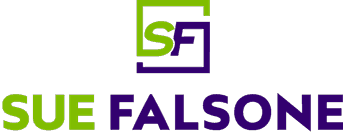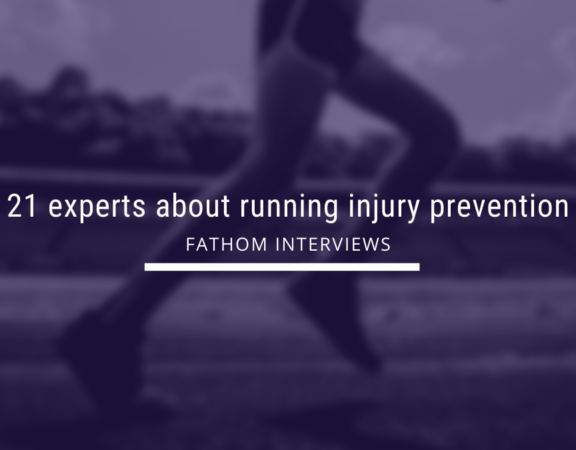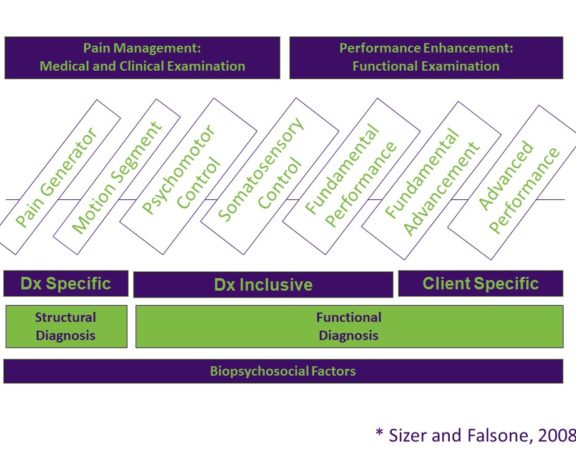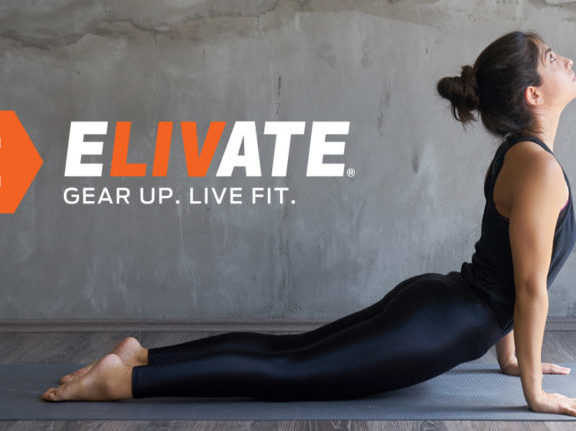Thank you Henry Rivera for your question! Your most useful tool in the field? What certification/ class/ seminar changed the way you practice? What skill set do you use the most and why?
I am prepping for my Perform Better talk, which is “How To Organize Your Tool Box”. Basically, we are learning so many things, acquiring so many certifications, and blending rehab and performance so much that there is no line. How in the world do we figure out our “go-to” moves? How do we blend concepts without “drinking the Kool-Aid” of any one philosophy or teaching?
Well…you are going to have to come to my talk at Perform Better in Chicago or Long Beach to find out!
Ok, I’ll give you insight into some of my favorite things (cue Julie Andrews) and we will discuss the blending at Perform Better.
1) What certification/ classes/ seminar changed the way you practice?
Clearly, my time at Athletes’ Performance was life changing. Being a part of the organization for 13 years, almost from the very beginning, I was able to develop, think, blend, challenge, and question. Mark, of course, encouraged all of those things. The environment not only allowed me to set the foundation for bridging the gap from rehab to performance, but also allowed me to develop and refine my own personal practice. I would not be the therapist I am today if it weren’t for such an encouraging environment. So, obviously “the AP philosophy” is the cornerstone of my movement practice. The way I see, break down and restore movement are clearly based on the teachings of Verstegen et al.
Then, I met a man named Phil Sizer. He is a professor, PhD, and walking pub med at Texas Tech University. We quickly discovered we were long lost brother and sister, separated at PT birth, moving toward reunion with each other from opposite angels. Deep, right?
I took at 3-day class taught by him on the knee. I remember going to class thinking “what the heck are we going to talk about for 3 days?” After the class, I felt like anything I had done with a knee prior to that course was borderline malpractice. I was blown away by the detail of anatomy, the detail of examination, and the detail of research dissection! I immediately knew…linking Phil’s teaching (expressed in the International Academy of Orthopedic Manual Therapy-US course curriculum. I have taken all 12 of the IAOM-US manual therapy courses and loved every single one of them. Huge change in my differential diagnosis and exam since studying the IAOM ways) and Mark’s teaching was it: The absolute true bridging the gap from rehab to performance; the absolute bridging of structure and function. #mindblown
This continuum from structure to function and vice versa is exactly what we will discuss in Chicago and Long Beach. Where along this continuum does everything fit together?
(Sorry, Henry. That was a really long way to answer, “What certification/ class/ seminar changed the way you practice?”)
2) My most useful skill set in the field?
I am going to say “my subjective exam”. Soooo not what you guys wanted to hear, right? Subjective?!?! That is NOT sexy! No, it’s not. But it is unbelievably important, and something that a lot of clinicians blow past. The subjective is probably the longest part of my exam. Getting to know the athlete, what they have already tried successfully, what they have tried that hasn’t worked, their personality, their focus levels, their goals, their concerns, their exact pain location, the things that increase or decrease their pain levels, their past everything (medical and surgical history not to mention emotional path), their current situation (needs a contract, needs to retire, baby on the way, etc) and their preferred future are all absolute indicators at how successful your interventions will be. Quite frankly, 9 times out of 10 they tell you exactly what is wrong, how to treat them, and how difficult the path to return them to play will be. Your subjective and understanding of the patient is often the key to you being the provider that “fixed them” simply because you took the time to listen to what they had to say.
3) My most useful tool?
I know you are going to think I am shamelessly plugging my dry needling education business, but I am not. I am in the dry needling “education business” (emphasize EDUCATION) because it has changed the way I practice. I don’t work as hard…mobilizing, stretching, digging elbows…. as I did in the past. I have been in the field for 18 years (more like 36 years if you are going off a 40 hour work week). And I mean IN the field working in the trenches. Quite frankly, I am old and tired. (well, I am much LESS tired after a 3 month sabbatical!) But dry needling has provided me with amazing efficiency and efficacy within my treatment plan. I just want to spread the word.
So, in a nutshell, that is my skill, tool and philosophy that have totally molded the therapist I am today. Keep in mind, our skills and tools only give us different options to express our philosophy. Our philosophy is what needs to guide us as we search for tools and skills to enhance our daily practice. We are just scratching the surface. I am fired UP to talk about this more with everyone at the seminars! See you guys soon!






